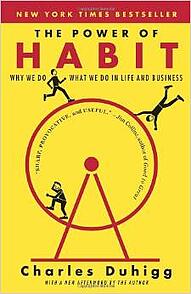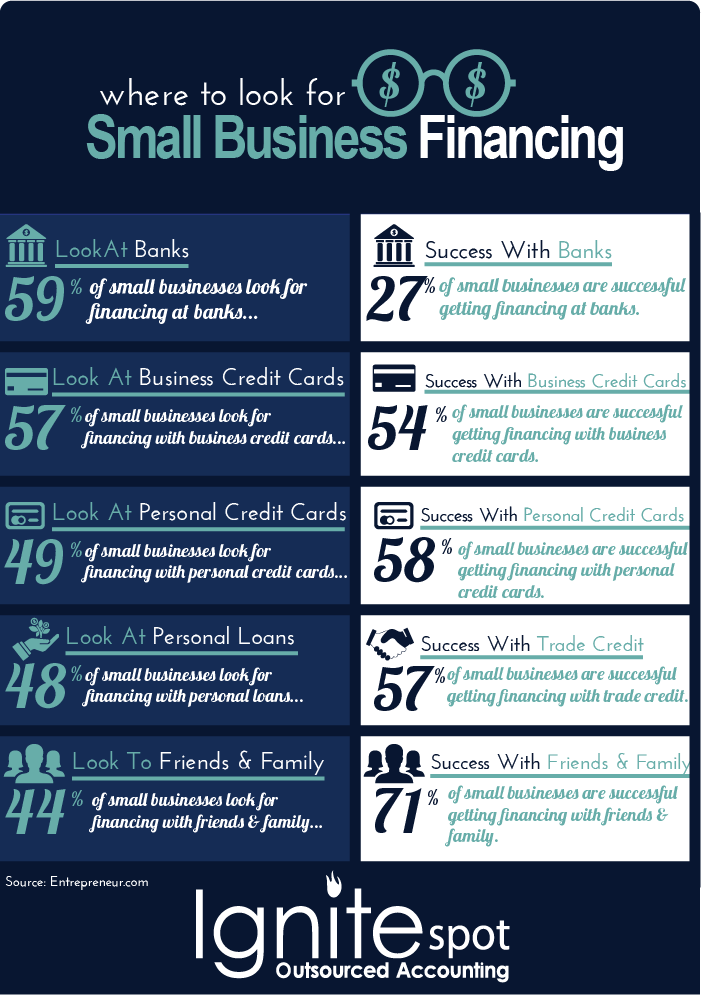
Mr. Covey was onto something. If you haven't read the 7 Habits of Highly Successful People, chances are that it's on your bookshelf and you're planning to read it eventually.
I've read this book more than I care to admit. And for good reason, it's powerful. I couldn't help but wonder how that same framework would be used by profitable businesses.
This post is about the science of habits. You'll walk away with a very real understanding of what makes a habit work as well as 7 habits you can implement in your business to become more profitable.
Ready for Some Sage Advice from a 19th Century Psychologist?
We must make automatic and habitual, as early as possible, as many useful actions as we can." - William James
 I love that. For example, if you invested 10% of your income from the day you started earning money as a child, where would your portfolio be now? Probably a little fatter.
I love that. For example, if you invested 10% of your income from the day you started earning money as a child, where would your portfolio be now? Probably a little fatter.
In his new book, The Power of Habit: Why We Do What we Do in Life and Business, author Charles Duhigg teaches us that every habit is nothing more that a psychological pattern which he calls a "habit loop". The idea is that a habit starts with a trigger that sends your behavior into an automatic response. In otherwords, somthing happens in your environment that tells your brain, "It's time to perform the habit".
For example, when you go to bed at night the trigger of setting your alarm clock for the next day may tell your brain that the day is over and it's time to brush and floss your teeth.
The very act of brushing and flossing is the second part of the habit loop. It's the action that your body takes without you thinking. This is the the part of the habit loop we tend to focus on most becuase it's the behavior we're trying to manifiest.
FInally, the last step in the habit loop is the reward. There has to be something that tells your brain, "Hey this was a good idea! Make sure to keep up this habit."
Is it any wonder why smoking is so addictive? Your brain gets an instant shot of chemical wizbang everytime you take a puff.
I've never been a smoker, and the fact that human beings can turn the act of breathing in hot tar-filled smoke into a habit is a testament that a strong enough reward can make any action a habit.
Before Applying Habits, Profitable Businesses Set a Goal
 In a study published in the Journal of Personality and Social Psychology, researchers Henk Aarts and AP Dijksterhuis tested the correlation between having a clear future goal and the automatic nature of habits. The idea being that if you've defined your outcome and attached some emotion to it, then creating habits to achive that goal are more automatic.
In a study published in the Journal of Personality and Social Psychology, researchers Henk Aarts and AP Dijksterhuis tested the correlation between having a clear future goal and the automatic nature of habits. The idea being that if you've defined your outcome and attached some emotion to it, then creating habits to achive that goal are more automatic.
They conducted several experiments and found that there is a strong corrleation between the two. This isn't surprising though. For example, are you more likely to work out if you have a clear end goal in mind like completing a triathlon or are you more likely to work out just because?
Having a clear goal in mind is important, but not enough. You have to attach emotion to it. If you visualize yourself completing the triathlon, you'll feel pride. You'll feel energy. Pretend hearing your family on the sidelines cheering you on and making you feel loved. If you can see in your minds-eye the vision of your athletic body in the mirror, you'll feel sexy.
All of those emotions add layers to your behavior. Now training no longer feels like a burden. In fact, you start doing it every day and it becomes a habit.
What This Means for You:
Set a profitability goal for your company. Envision your business running at a greater profit. How does it feel? What options do you have? What does your office look like? What clients are you able to service? How will it change the culture in your company?
Pay attention to those feelings. Got them? Good. Let's instill some profitable habits into your business.
Habit #1: Get Cash Positions Daily
Profitable businesses know their cash. Walk over to your accountant right now and tell him or her that you want your cash position reported to you daily. This may cost more in accounting fees or time, but it's such an awesome thing to have in your business.
Habit #2: Have a Monthly Financial Statement Meeting
While you're with your accountant, set a deadline for financial statements each month. He's going to need enough time to get all of the data into the system, but determine what a fair amount of time is and then set a monthly meeting. Make sure that your accounting team has a fully reconciled balance sheet and profit and loss statement. Get into the habit of discussing them together. If you don't know your way around the reports, he can teach you about them.
Habit #3: Hire & Fire Quickly
I have a personal rule that I never work with family. Why? Because of this habit. You can tell within 30 days or sooner if you made a bad hire. If and when that happens, end the relationship. Too many businesses prolong a bad hire because they hate confrontation. Your business can't afford to keep people on payroll that aren't pulling their weight. Profitable businesses are extremely nimble here.
Habit #4: Practice the 90/10 Rule
I've written about this one extensively. You can check it out by reading The 90/10 Rule Here. In short, the idea is to create a habit that forces you to operate your business on 90% of its income.
Habit #5: Track CEO Spending
Business owners are notorious for using business funds to pay for groceries, gas, entertainment, etc. I'm not going to get into the logistics of accounting for these activies in this post, but I will say that the CEO needs a budget. He or she should get into the habit of using a phone app to track spending. It'd doesn't have to be complicated. The act of simply tracking it on the phone will keep the spending in check and that's a profitable way of life.
Habit #6: Say No
I love saying "No", although I'm pretty bad at it. I am trying to get better. It feels empowering to say "no" and can often be a great way get or stay profitable. A good example is when someone tries to hire your company and experinece tells you that this type of account will end up cositng you money in the end. Just say no.
Habit #7: Spend 1 Hour Selling Every Day
My favorite habit of all. I firmly believe that every business owner should spend at least 1 hour every day in the trenches looking for new business. Period.
 One Final Thought
One Final Thought
It's possible to create habits that are unprofitable. Uggh. These are easy to do as well. In fact, I would guess that all businesses have a few of them hanging out in the closet.
Be honest with yourself and look at your company's bad habits as well. Are any of them controlling your company's bottom line?
p.s. Go grab Mr. Covey's book and read it this weekend. To those of us who have already read it, I say "So what?" Read it again.
References:
Aarts, H., Dijksterhuis. (2000). Habits as Knowledge Structures: Automaticity in Goal-Directed Behavior. The Journal of Personality and Social Psychology, Vol 78, No. 1, 53 - 63.
Duhigg, C. (2014) The Power of Habit: Why We Do What We Do in Life and Business. New York, NY: Random House.
James, W. (1890). The Principles of Psychology. London: Macmillian.
What to Read Next:
How Profitable Companies Track Revenue
3 Rockstar Ways to Build a Profitable Small Business Team
How to Create Profitable Employees














.png)


